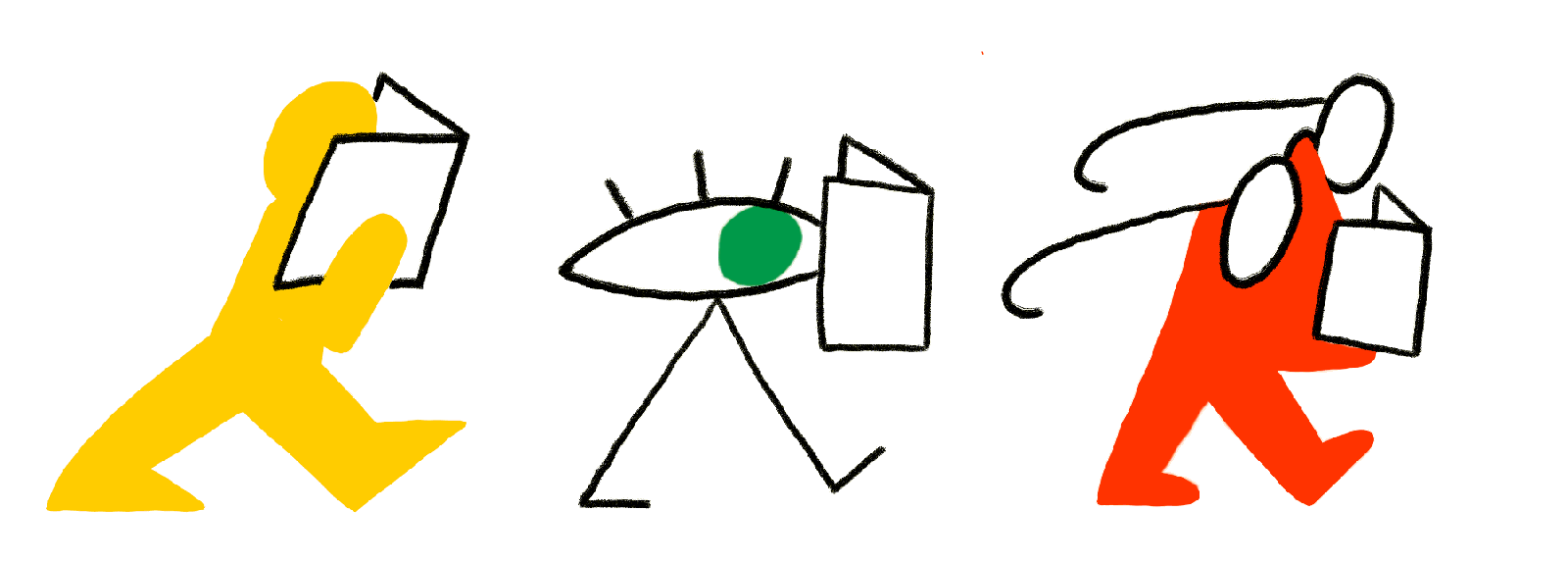Augustine the African, by Catherine Conybeare (Liveright). This biography of St. Augustine casts the thinker not solely as a theologian who profoundly formed Christian orthodoxy but additionally as an individual indelibly marked by his standing as an African within the Roman Empire. Born to an Amazigh mom and a Roman father, Augustine lived from 354 C.E. to 430 C.E., a uniquely turbulent time within the early historical past of Christianity, with the religion shifting from the margins of the pagan world to the middle of the Empire. Conybeare, a classics scholar, intertwines realized exegesis with examples of Augustine’s human idiosyncrasies, providing illuminating analyses of the thinker’s seminal texts and concepts—together with his idea of authentic sin—and of the position that his heritage performed in his self-conception.
Hollywood Excessive, by Bruce Useful (Avid Reader). When Mickey Rooney first appeared onscreen because the “teener” Andy Hardy, in 1937, it was, as Useful makes clear on this energetic cultural historical past, one thing new, each in cinema (which had hitherto acknowledged youngsters and adults however nothing in between) and within the Zeitgeist. Within the following many years, as adolescents emerged as a definite demographic, with loads of free time and pocket cash, the teenager film grew into its personal style, serving to drive a shift away from what Useful calls “adult-centrism’’ in American society. Useful traces the style into the twenty-first century, exhibiting how such movies as “The Starvation Video games” converse to the identical sentiment as did “Insurgent With no Trigger” and “The Breakfast Membership”: that, as a recent fan of “Insurgent” put it, “one thing in us” was “being sat on by conventions and held down.”
Illustration by Ben Hickey
Uncover notable new fiction, nonfiction, and poetry.







